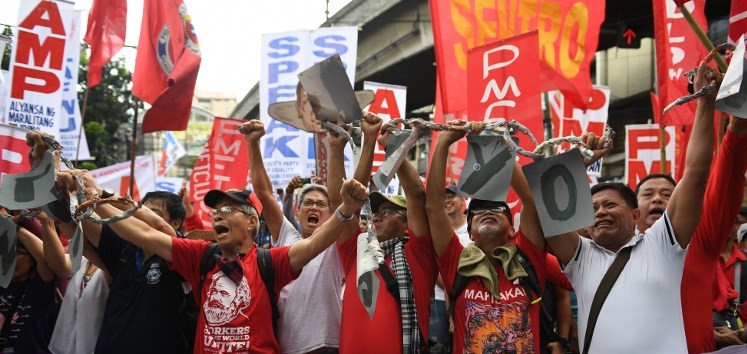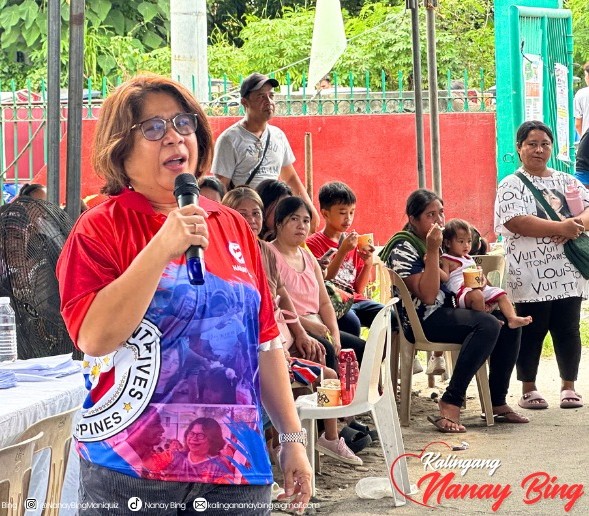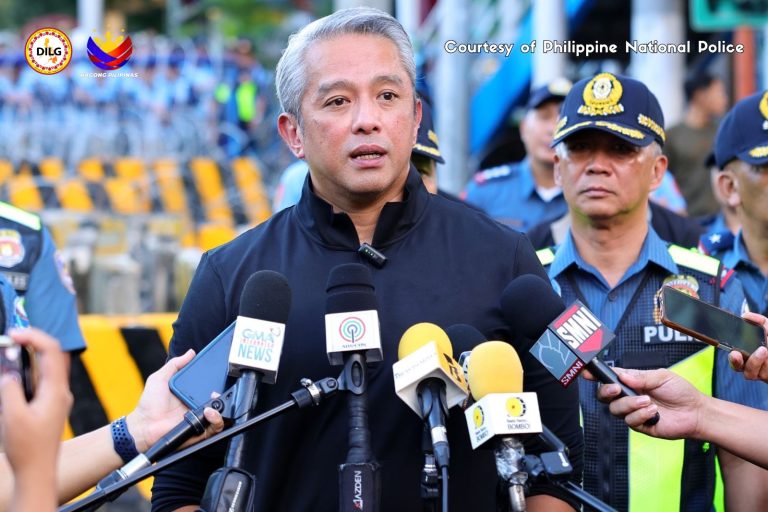
AFTER more than a year of legal proceedings, all six youth activists arrested during the Labor Day rally on May 1, 2024, have been acquitted of all criminal charges arising from their participation in the protest along Kalaw Avenue, Manila.
The six were arrested while joining workers and youth organizations in asserting the people’s right to regular employment and a national living wage. They were subsequently charged with Direct Assault, Malicious Mischief, and Violation of the Public Assembly Act (Batas Pambansa Blg. 880).
Their cases have now been successively dismissed by the Metropolitan Trial Court of Manila:
1. Malicious Mischief — Dismissed for lack of probable cause on 20 June 2024;
2. Illegal Assembly — Dismissed via demurrer to evidence due to insufficiency of prosecution evidence on 13 March 2025; and
3. Direct Assault — Dismissed based on reasonable doubt on 13 November 2025, marking the activists’ complete acquittal.
“With these decisions, the Mayo Uno 6 stand vindicated. Their victory reaffirms a basic truth: joining a protest to demand fair wages and job security is not a crime, but a constitutional right,” said Atty. Mark Vincent D. Lim, one of the counsel for the six.
Atty. Lim further emphasized that if anyone should be held accountable, it should be the police officers who violently arrested and physically assaulted the protesters. “The manner of arrest was excessive and unlawful. Those responsible must answer for their abuse of power,” he said.
The group’s counsels also called on the Philippine National Police (PNP) to stop the recurring practice of arbitrarily arresting protesters and weaponizing Batas Pambansa Blg. 880, a Marcos-era law long used to suppress dissent. They likewise denounced the fabrication of charges such as Direct Assault to justify these arrests and to intimidate activists exercising their freedom of expression and assembly.
“This acquittal is not just a legal victory—it’s a reminder that the streets belong to the people,” said Atty. Lim. “Protest is not a disturbance of public order; it is the people’s voice demanding justice.”




